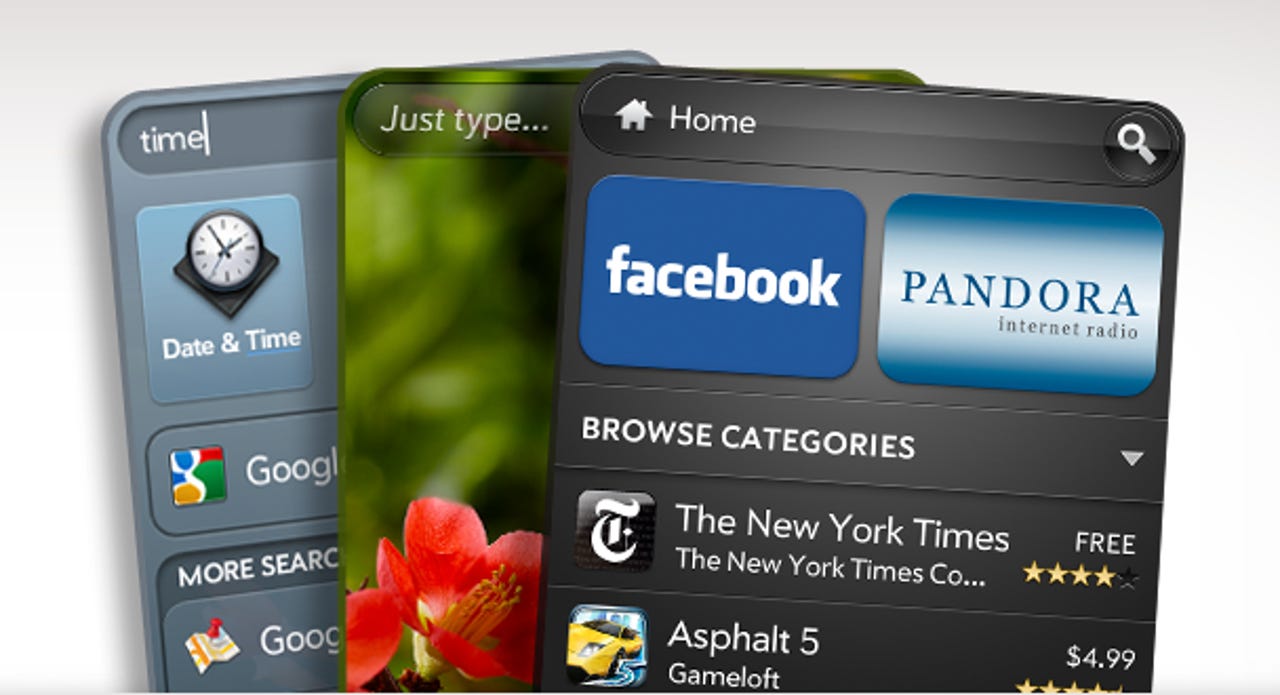To boost adoption of webOS, HP looks to cars and kitchens

Hewlett-Packard is working to convince vendors in the home appliance and automotive industries that its mobile operating system, webOS, can help them make their products smarter, the Wall Street Journal reports.
The operating system, which is already in use for smartphones and tablet computers, allows for a touchscreen interface and Internet connectivity. That's a big plus for an appliance or car maker, which may see the added intelligence of the Internet as a point of market differentiation.
For example, touchscreens can easily replace physical buttons or dials on appliances -- plus display recipes or coupons from the Internet.
HP, of course, is interested in aggressively competing with rivals Microsoft and Google in the space. Microsoft's embedded Windows operating system is used in myriad products, including appliances and Ford vehicles; Google's popular Android operating system is beginning to gain traction, too.
For all the tech companies, the move into the non-computing space represents growth and new revenue streams. The problem: there are specialized software makers already in place, and they don't take too kindly to the expansion.
For the consumer, it's mostly an upside, since a common platform allows for consistent development across all devices. So while this doesn't mean you'll see Twitter's tweets filling up your stove display, it may help the folks at Betty Crocker offer the same recipe book on a stove, refrigerator, tablet and phone.
For now, hurdles remain, the Journal reports:
The software's late arrival to the market and relatively small footprint are prompting companies to pause before licensing the platform.
To boot, most of these industries aren't used to the rapid pace of innovation in the tech industry, and wrinkle their noses at the instability. To use one example, automakers are highly unlikely to give a partner the boot to try out a new operating system. It's merely too risky, and the product cycle is too long for a vehicle.
More details from the report:
- Panasonic Avionics, which develops airplane entertainment systems, said last year that it will use Google Android in its products, expected on runways by 2013.
- Virgin America is evaluating options for upgrading its in-flight entertainment system later this year.
- Whirlpool (which owns the Maytag, KitchenAid and Jenn-Air brands) has avoided deploying touchscreen tech because some of its products are in service for as long as 15 years -- and an obsolete stand mixer is not an attractive proposal. Still, it's looking at connected appliances for user alerts, such as sending a text message when the fridge door is open.
This post originally appeared on SmartPlanet's Smart Takes blog.
